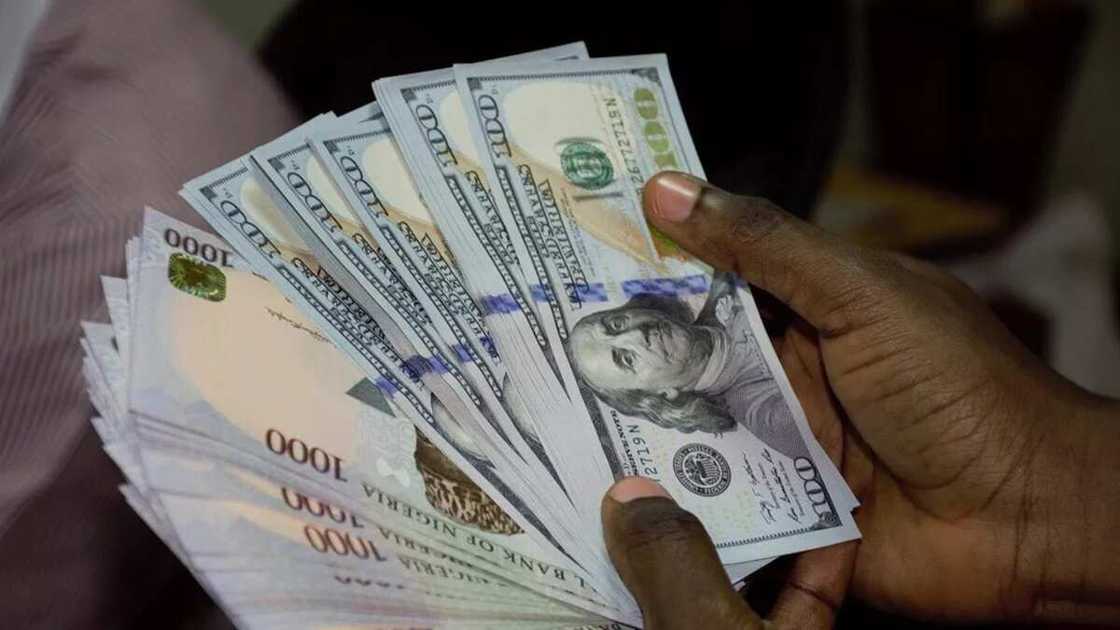Introduction of Islamic banking in Nigeria
As a result of the economic crisis, Islamic banking in Nigeria has attracted an increased attention from investors. What is it and how is it different from the traditional financial methods that exist in the banking system? What benefits can Nigerian people achieve when using the system of Islamic banking? Let’s find out together.

Islamic banking: specifics and prospects
The history of Islamic banking in Nigeria began in January 2012, when the Central Bank of Nigeria granted Jaiz Bank an approval in principle to operate as a regional interest-free bank in northern Nigeria. As a result, Jaiz bank became the first and the only full-fledged Islamic bank in the country. If you consider the popularity of this phenomenon, as well as the number of Muslims in Nigeria, we are confident that by 2020 the number of Muslim banks in the country will increase.

The most important difference between this and other banks is that Islamic banks strictly adhere to the norms of Islam, according to which lending with loan interest (usury) is prohibited. All Islamic financial instruments are constructed in such a way as to fulfill this condition and at the same time to profit from their activities.

A traditional bank, buys and sells cash, while benefiting from loan interest. The Islamic Bank also transfers also thrives on similar principles. How? The bank opens accounts, which accumulate the funds of depositors. Through these means, it finances entrepreneurs. However, instead of the traditional interest, the entrepreneur divides his profits with the bank, and the latter in turn with the depositor.

The main principle is this: the remuneration of a bank or a depositor is not initially guaranteed, but arises when a business profits. So, while the basis of the dominant banking system is fully derived from the economic turnover — loan interest, the basic principle of the Islamic bank is that, since money is not a commodity, it can not grow only when issued in the form of a loan.
Consequently, the lender can only profit if the money invested in the economy created a real added value. Therefore, traditional loans and deposits for which interest is charged are outlawed. As well as bonds - interest-bearing securities. In place of traditional banking and investment products in the Islamic world, there are a number of their own specific forms.

Read also
“Interests of consumers”: Airtel CEO finally reacts to approved increase in call, data tariff
READ ALSO: Is Nigeria an Islamic country or Christian country?

Specific forms of Islamic banking activities
Musharakah
It is a joint implementation of a project by the bank and an entrepreneur. In the framework of this operation, the bank sponsors a certain project. The roots of these operations go back to the caravan trade when some merchants provided goods, others delivered it to their destination and sold them.

Under musharakah, the bank carries out financing that is not related to the collection of a certain percentage but participates in the profits received.
The distribution of profits is as follows: a certain share is allocated to the partner in payment for his work, managerial experience or other participation in the transaction or project. The remaining part is distributed between the partner and the bank that provided financing, in a ratio proportional to the contribution of each participant, to the total costs of the project. Losses are distributed in proportion to participation in financing.

Read also
UBA, Zenith, 7 other banks rush to settle USSD debts ahead of January 27 disconnection deadline
Mudarabah
It is an agreement according to which a client of a bank transfers money to the bank for subsequent investment of this money into a certain project or type of activity. The profit received during the implementation of the project is divided in a specified proportion. This operation is an analog of a passive banking operation — raising money. Islamic uniqueness lies in the fact that the client knows where his money goes. The bank can not invest in prohibited activities like the production and sale of alcohol, the organization of gaming-houses, or other unlawful acts. Also, mudarabah excludes interest in pure form.

Murabaha
It involves the financing of commercial transactions, a variety of the contract of sale. The bank acquires a certain product for resale. Such activities do not contradict the Shariah since trade involves some personal involvement and effort. The bank takes over the organization of sales, storage, transportation, etc.
For example, the bank acquires goods at its own expense for the customer's order. In this case, the bank assumes the entire risk of the trading operation. Later on, the bank resells the goods to the customer at a price that includes the extra charge stipulated in the contract. This markup becomes the income of the bank.

Other operation forms in Islamic banking
Other operations that are unique to Islamic banking are:
- Ijar — long-term lease, an analog of leasing operation.
- Salam — advance financing, mainly in the agricultural sector.
- Ijarah-wal-iqtina — an agreement in accordance with which a client receives the right to purchase previously leased equipment and facilities for production purposes.
- "Sunset" is a compulsory tax (2.5%), according to the Koran, levied on the property of wealthy Muslims and directed to support the poor population of the Muslim society and create projects for improving everyday life.
- Qard al Hassan is an interest-free loan. The bank grants an interest-free loan to a person or organisation that is repaid on a specified date. The bank can allocate an interest-free loan to the government or organization for the implementation of public projects (construction of factories, roads, vital facilities).
- Bai bi Sila is a forward transaction in which the buyer pays part of the advance for goods.

Special attention should be paid to what is called the Sukuk (interest-free Islamic bonds) issued for a certain tangible asset, where the issuer is considered as a shareholder of the asset. The yield of Sukuk depends on the profit on the underlying asset, and the issuer gives the investor an irrevocable right to repurchase the asset at a fixed cost. The advantage of this type of bond is also in the low volatility and tendency of investors to hold these securities before maturity.
According to international researchers, at present, the world suits Sukuk in the amount of 90 billion US dollars, and the beginning of the fall in the volume of their issue in 2008 (three times compared with 2007 - from $ 50 to $ 15 billion) was associated with the fatwa of Islamic theologians, who recognized 80% of the total volume of Sukuk emissions that do not meet the norms of the Sharia. A negative factor affecting the Sukuk's attractiveness is the fact that the lower limit of the volume of loan, which determines the expediency of issuing Sukuk, is the bar of 100 million US dollars.

Any businessman can use Islamic financial instruments irrespective of religion. Despite the above-mentioned worrying tendencies, many analysts call the Islamic finance market, which has been actively developing over the last several decades, one of the most promising. According to experts, the situation with Dubai World will not affect the state of the Islamic financing market. We can also predict the increase in popularity of Islamic Banking in Nigeria.
READ ALSO: Economic problems in Nigeria today and solution
Source: Legit.ng






